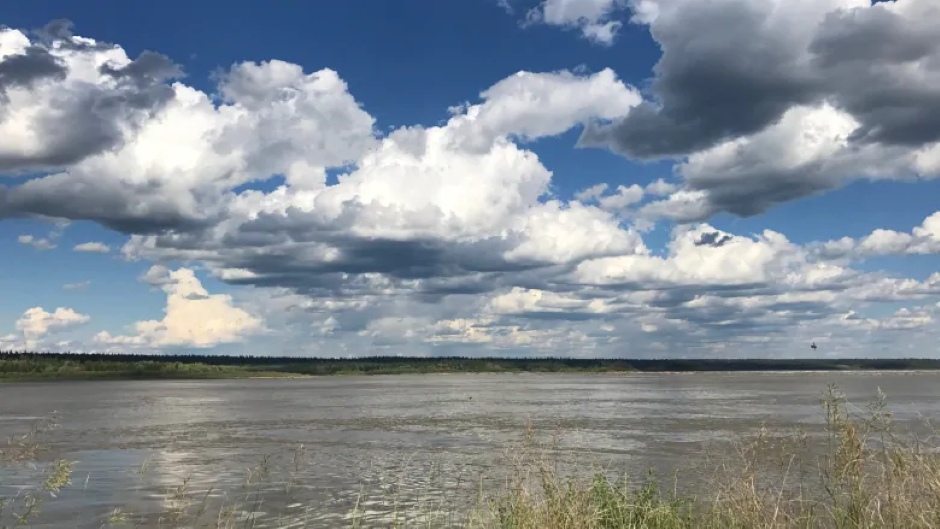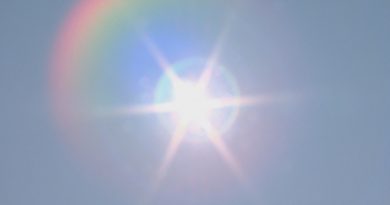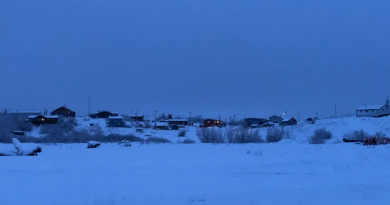Water monitoring, suspended by the pandemic, resumes in Canada’s Northwest Territories

Water monitoring has resumed in two sites in the Northwest Territories and two sites in northern Alberta, according to a news release from the N.W.T. government on Wednesday.
Federal and provincial monitoring of waterways that affect the N.W.T. had been offline for months as a result of COVID-19. The N.W.T.’s own water quality monitoring continued throughout that time, with only slight delay, the release says.
The monitoring measures water quality and gives early warning of potential impacts downstream to the territory. It also provides a record of changes over time, and is meant to help detect differences and trends in the water quality, the release says.
The monitoring will be resumed in Alberta on the Peace River at Peace Point and the Slave River at Fitzgerald. Within the territory, monitoring will resume at the long-term water quality monitoring sites on the Hay River near the Alberta-N.W.T. border and on the Slave River above the river mouth.
Water samples collected will be analyzed at Taiga Environmental Laboratories in Yellowknife and will also be distributed to federally-designated laboratories for further analysis.
“Working with Environment and Climate Change Canada to resume monitoring at these four important sites will help us answer residents’ questions about the health of the water flowing across our border, and help ensure the waters of the Northwest Territories remain clean, abundant and productive for all time.”
MP Michael McLeod also said in a statement that Canada’s freshwater is one of “our most precious natural resources and it deserves protection for present and future generations.”
Water levels across the Mackenzie River Basin have been among the highest on record this year, according to the territory, mostly due to rain and snow melt. The rising and sustained high water levels are expected to have a temporary impact on water quality, the territory says, as particles along the riverbeds and banks, along with in flooded areas, are carried downstream.
The territory says results will be released on the Environment and Natural Resources website as it becomes available.
With files from Avery Zingel
Related stories from around the North:
Canada: Feds invests $3.2 million in Indigenous-managed watershed program in northern Canada, Eye on the Arctic
Greenland: Rise in sea level from ice melt in Greenland and Antarctica match worst-case scenario: study, CBC News
Finland: Miners hunting for metals to battery cars threaten Finland’s Sámi reindeer herders’ homeland, The Independent Barents Observer
Norway: Climate change hits back at Svalbard, coal mine flooded by melting glacier in Norway, The Independent Barents Observer
Russia: Russian Indigenous groups call on Elon Musk to boycott company behind Arctic environmental disasters, The Independent Barents Observer
Sweden: Swedish company LKAB targets emission-free iron ore mining around 2030, The Independent Barents Observer
United States: Trump Administration approves oil, gas leasing plan for Alaska Wildlife refuge, The Associated Press


